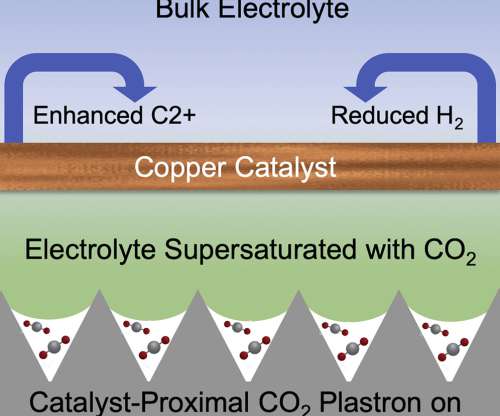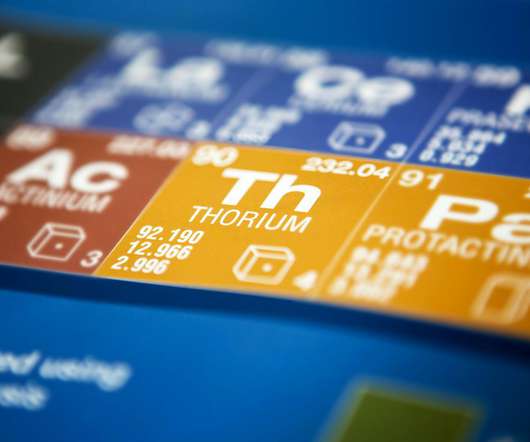MIT team proposes flex-fuel gasoline-alcohol engine PHEV long-haul trucks
Green Car Congress
APRIL 9, 2019
In a paper being presented at WCX SAE World Congress Experience in Detroit this week, a team from MIT is proposing the use of a flex-fuel gasoline-alcohol engine approach for a series-hybrid powertrain for long-haul Class 8 trucks. Ethanol or methanol would be employed to increase knock resistance. —Daniel Cohn.








































Let's personalize your content